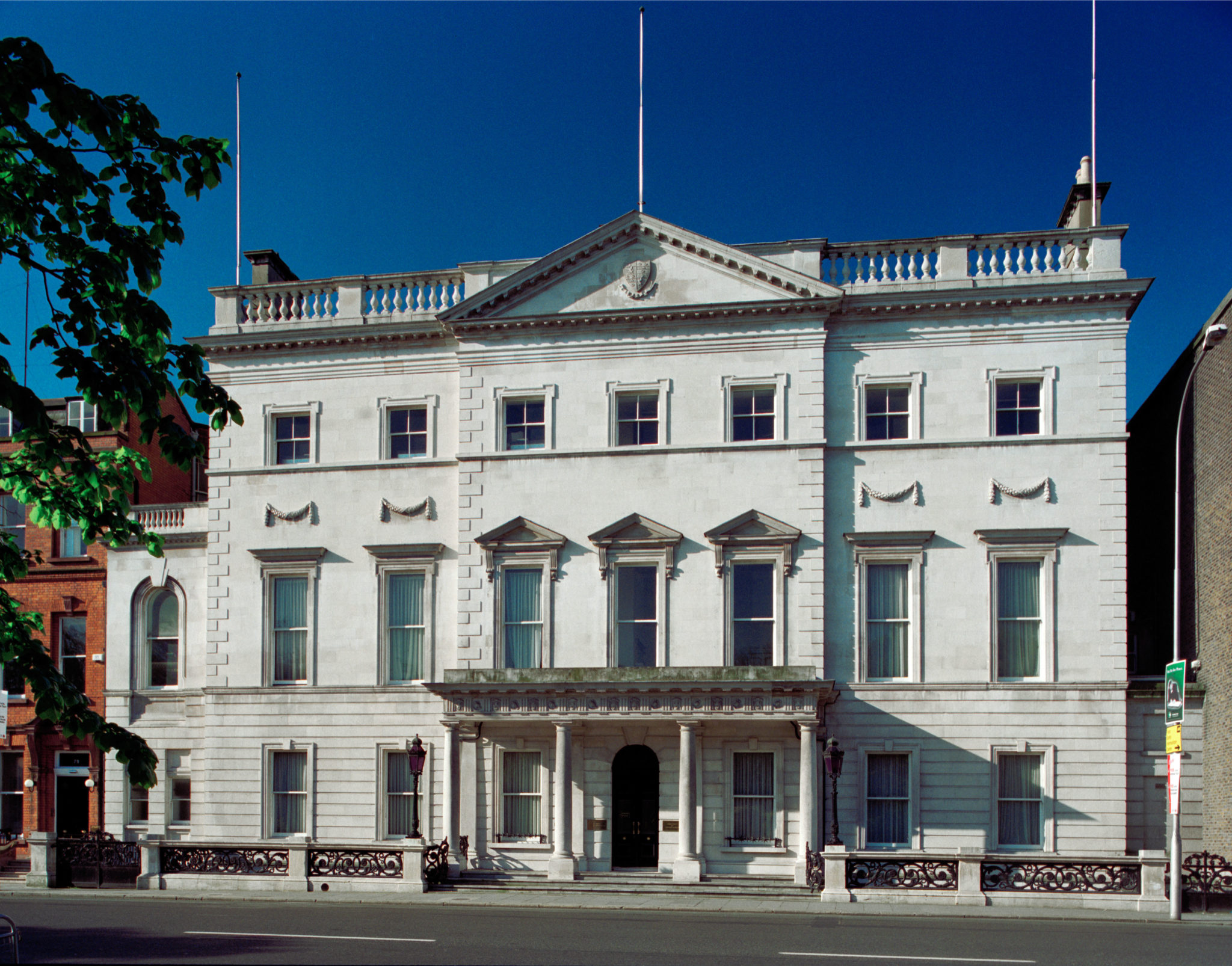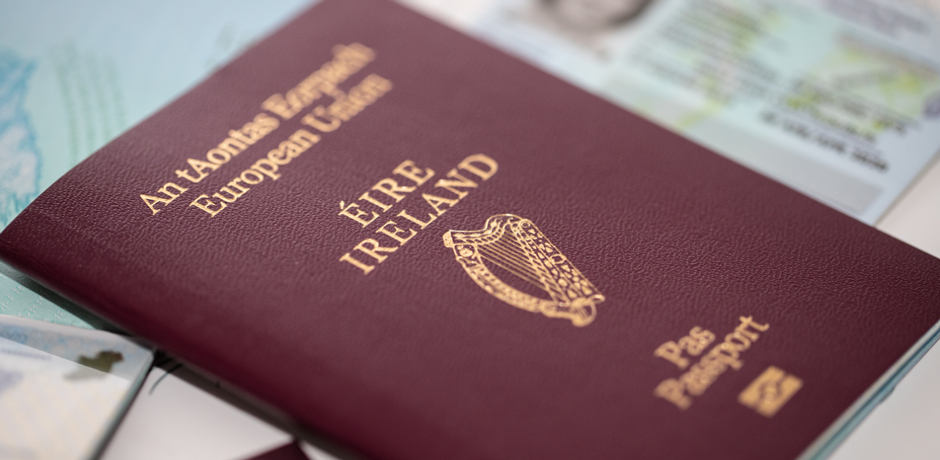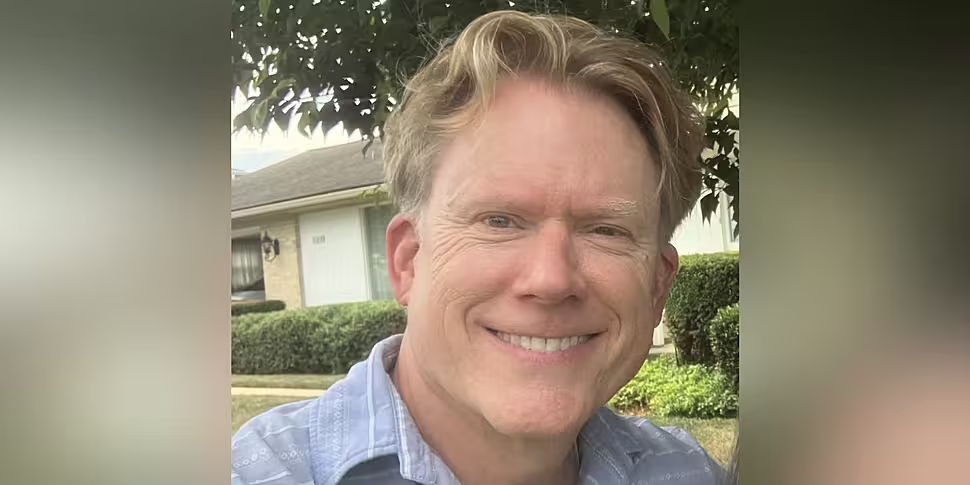An academic in the US is “enormously grateful” after securing Irish citizenship based on the results of a DNA test.
John Portmann, born in Phoenix, Arizona, in 1963, was placed in the care of nuns before being adopted by Walter and Carol Portmann.
His adoptive parents informed him of his adoption from an early age.
Due to Arizona law, which restricts access to birth records for adopted individuals, John had no knowledge of his origins and initially believed he might have Scandinavian roots.
DNA test
However, a 2019 DNA test revealed that he was “100% Irish,” prompting him to enlist the help of a 'DNA detective' to explore his ancestry further.
“She looked at my matches and separated them on the maternal and paternal side,” Mr Portmann told Moncrieff.
“One day I got a very close match, an older gentleman in New York who was interested and cooperative with my quest to find information about my past.”
“After scouring his history, the DNA detective discovered his aunt Minnie had taken a ship from Dublin to New York in 1955.
“We looked through the passenger list and found Minnie was travelling with a young man named Thomas Fitzgerald who, after running tests, was found to be my father.
“It was just remarkable – she found a needle in a haystack.”
“It was also discovered that Mr Portmann was born through an affair between Thomas Fitzgerald, a teacher at Belvedere College in Dublin, and Térese Delahanty, whose family originally came from Kilkenny.
 Iveagh House on St Stephen's Green, Dublin which houses the Department of Foreign Affairs. Picture by: Barry Mason / Alamy Stock Photo
Iveagh House on St Stephen's Green, Dublin which houses the Department of Foreign Affairs. Picture by: Barry Mason / Alamy Stock PhotoFollowing this discovery, Mr Portmann, a Professor of Religious Studies at the University of Virginia, set about acquiring Irish citizenship.
“I got this official declaration of paternity, which I sent off to the embassy of Ireland in the USA,” he said.
“I just showed up and said, ‘I'm Irish, and I would like citizenship’ - but I had no papers at all.
“I had the very unusual declaration of paternity, but it wasn’t a proper birth certificate, which is what Ireland required.”
Citizenship
After being refused Irish citizenship on several occasions due to the lack of a birth certificate, he eventually made progress by submitting DNA evidence to the Department of Foreign Affairs.
“One day, the woman who had taken control of my case wrote to me out of the blue and said, ‘We’ve decided in your favour,’” he said.
“It was a very happy ending and I’m enormously grateful to Ireland.
“I hope other adopted people get this recognition as well and I want to help them in whatever way I can.”
Mr Portmann travelled to Ireland using his new Irish passport in October of last year and has also made contact with relatives in Dublin.
 An Irish passport.
An Irish passport.A statement from the Department of Foreign Affairs said:
“The Passport Service may accept DNA evidence as part of the requirements to prove a person’s entitlement to Irish citizenship through an Irish parent.
“Additional documentary evidence is also required before a decision to issue a passport is made.
“While the Department does not comment on individual cases, we can confirm that this is not the first applicant to submit DNA evidence as part of an application.”
Main image: John Portmann. Image: supplied.









